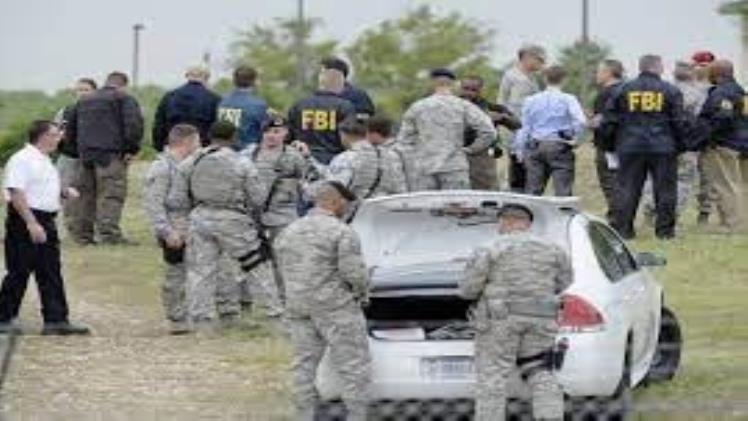Military and Law Enforcement

Military police provide essential support to the main fighting force during wartime operations, providing force protection, convoy security, screening, rear reconnaissance, logistic traffic management, counterinsurgency operations and detainee handling.
In non-wartime operations, military police may assist local law enforcement with patrol duties, force protection, detention and/or corrections. They have also been trained to handle a wide range of investigations such as those involving crime or the wrongful death of civilians or other subjects.
Law enforcement and military work share many similarities. Both professions are bound by laws that safeguard citizens while upholding the rule of law. Both operate under extreme stress conditions and must be able to think quickly under pressure.
visit for multiple topics news: Bestsportstimes and delta8carts
Most people who join the military do so out of a desire to help others, serve their country and give back. Law enforcement careers are also often attractive as they allow them to utilize their skills in a professional setting while earning money for themselves.
Though often seen as anti-democratic, military and law enforcement agencies are actually necessary for upholding democracy’s rules. Their duties include safeguarding citizens against potential threats and keeping our nation secure against foreign enemies.
Click Here More Information: kpong krnl key and titfees
The military often has a more difficult relationship with democracy than law enforcement agencies do. While democracies value equality, personal freedom, thoughtful deliberation and pacifism, military personnel prioritize hierarchy, discipline and the projection of strength.
Recent research into police tactics and equipment in the United States has revealed a worrying trend: SWAT teams equipped with sniper rifles and other weaponry have seen an incredible 1,500% growth since 1980.
Militarization has caused police officers to shift from guardian to warrior, according to former Justice Department policy analyst Karl Bickel. This shift can have an adverse effect on how police officers treat communities, as he notes.
One way to combat this issue is for police departments to instill in their new recruits a more realistic view of their roles. Instead of viewing community members as enemies, police should view them as friends and neighbors.
To counter this mindset, law enforcement agencies should create training based on both military and public values. The military is renowned for its rigorous and extensive training programs that teach police effective techniques in various scenarios.
These programs may be costly, but the end result is worth it: an educated and discerning police force better equipped to serve its community.
Law enforcement agencies should strive to engage more with their communities, particularly young people, by holding “know your rights” presentations at schools or community centers and working with organizations that promote social justice and civic engagement.